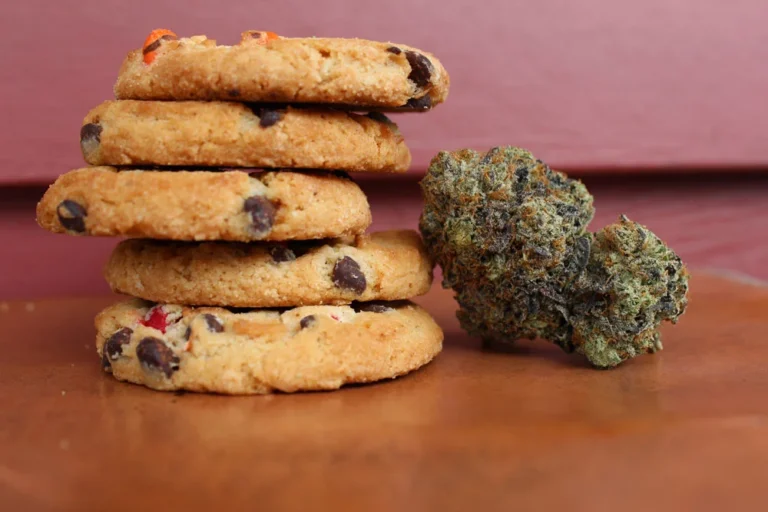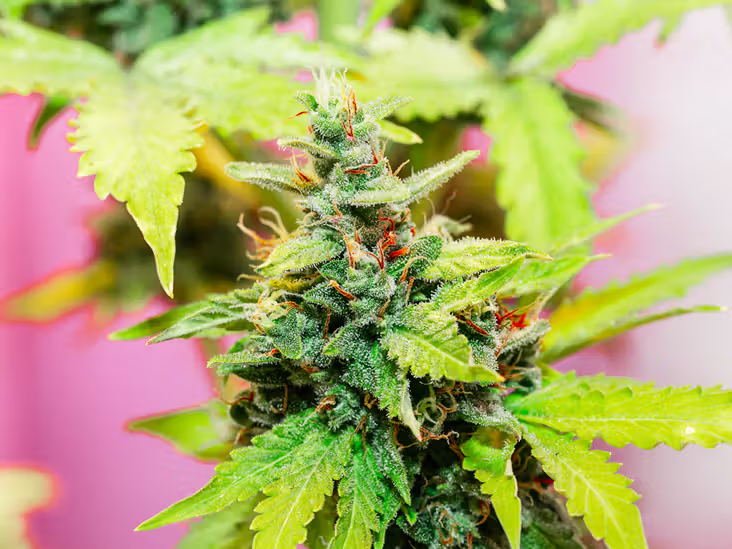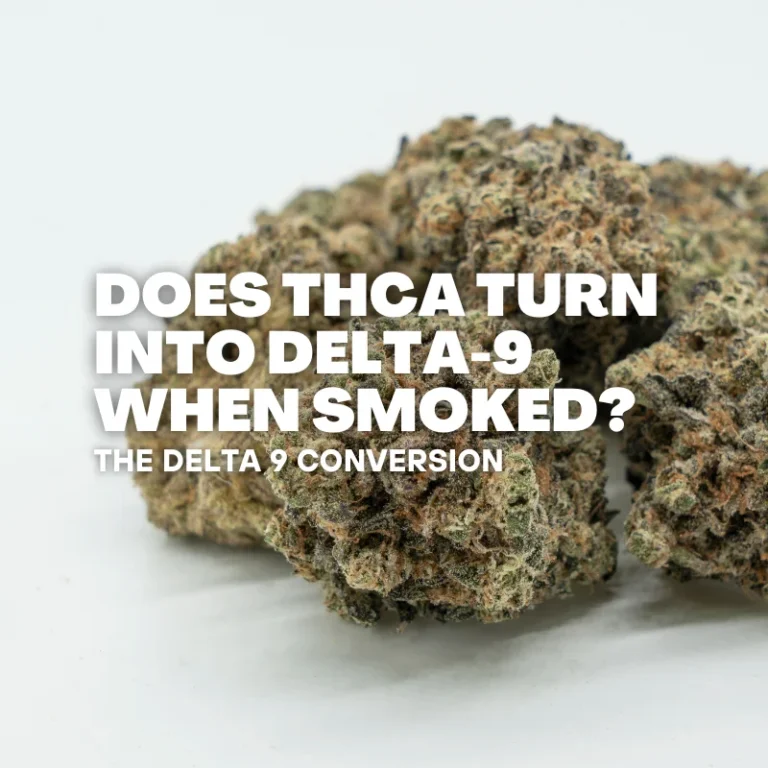Does Delta 9 Help With Anxiety
Delta-9-tetrahydrocannabinol (THC), commonly known as Delta 9, is the primary psychoactive component in cannabis that induces the well-known euphoric “high.” Beyond recreational use, Delta 9 has piqued interest for its possible impacts on mental health, especially in relation to anxiety. With the rising prevalence of anxiety disorders affecting millions, more individuals are turning to cannabinoids like Delta 9 to explore their potential therapeutic benefits. But can Delta 9 truly offer relief from anxiety?
Understanding Delta 9’s Role in the Endocannabinoid System To grasp how Delta 9 may affect anxiety, it’s important to understand its interaction with the endocannabinoid system (ECS). The ECS is a complex network within the body that plays a vital role in regulating emotions, stress responses, and overall mood. This system includes receptors (mainly CB1 and CB2), endocannabinoids, and enzymes that work collectively to promote balance, or homeostasis, in the body.
Delta 9 predominantly binds to CB1 receptors, which are highly concentrated in the brain and central nervous system. The activation of these receptors can alter neurotransmitter release, influencing mood, memory, and stress perception. This mechanism may explain why some users experience relaxation and a sense of calm after consuming Delta 9, as its interaction with CB1 receptors can potentially moderate heightened stress responses. However, individual reactions to Delta 9 can differ significantly based on factors such as dosage, tolerance, and genetics.
Exploring Delta 9’s Anxiolytic Properties
For some individuals, Delta 9 may provide short-term relief from anxiety symptoms. Reports suggest that low doses of Delta 9 can help foster relaxation and uplift mood, potentially mimicking the effects of anxiolytic (anti-anxiety) medications by minimizing the brain’s response to stressors. Additionally, it may boost feelings of well-being by increasing dopamine levels, a neurotransmitter associated with happiness and motivation.
Research also indicates that Delta 9 may influence the amygdala, the brain region responsible for managing emotions like fear and anxiety.

Delta 9’s influence on the amygdala might contribute to easing anxiety symptoms by reducing hyperactivity in this brain region, which is often overactive in individuals with anxiety disorders. By modulating the amygdala’s response, Delta 9 may help individuals approach stressful scenarios with a more composed outlook.
Factors Affecting Delta 9’s Anxiety Relief Potential
Although Delta 9 shows promise in anxiety management, several factors influence its effectiveness, including dosage, personal tolerance, and consumption method. Lower doses are typically linked to calming effects, while higher doses may provoke anxiety or paranoia due to Delta 9’s biphasic nature. This means its effects are dose-dependent, making proper dosage crucial, especially for new users, to avoid overstimulation.
Individual biochemistry also impacts how Delta 9 is experienced. People with heightened sensitivity to its psychoactive effects may encounter adverse reactions, such as intensified anxiety. Those predisposed to anxiety might benefit from starting with minimal doses and carefully observing their response. Additionally, the choice of cannabis strain and its terpene profile can be influential; strains with relaxing terpenes like myrcene and linalool may provide extra anxiety relief.
Risks and Limitations to Consider
While Delta 9 can aid some people with anxiety, it is not universally effective. Chronic or heavy use may lead to dependency and potentially exacerbate anxiety symptoms. Its psychoactive nature can also present challenges in environments where concentration and clear thinking are necessary, such as work or social settings.
Some studies indicate that prolonged Delta 9 use might affect the endocannabinoid system (ECS), diminishing its ability to naturally regulate anxiety. This tolerance, resulting from frequent Delta 9 exposure and down-regulation of CB1 receptors, can reduce its efficacy over time. Practicing moderation is therefore key to sustaining Delta 9’s potential benefits for anxiety.
Exploring Alternative Cannabinoids for Anxiety
For individuals who react adversely to Delta 9, cannabinoids like cannabidiol (CBD) may offer non-psychoactive anxiety relief. CBD interacts differently with the ECS, promoting a calming effect without a high. Using CBD alongside Delta 9 in balanced formulations can be another effective approach, as CBD may mitigate some of Delta 9’s stimulating properties. This combination can help foster relaxation and lessen the risk of anxiety or paranoia, contributing to a more balanced experience.
The Future of Delta 9 in Anxiety Management
Ongoing research continues to explore Delta 9’s role in anxiety treatment, promising valuable insights but highlighting the need for further investigation into its long-term effects and potential side effects. As studies advance, a clearer understanding of Delta 9’s optimal use for mental health support may emerge.
For those considering Delta 9 for anxiety, consulting a healthcare professional is advisable to ensure safe and appropriate use, including guidance on dosing and potential interactions with other medications. While Delta 9 is not a replacement for professional mental health care, it may serve as a supplementary tool for those seeking alternative anxiety management options.






